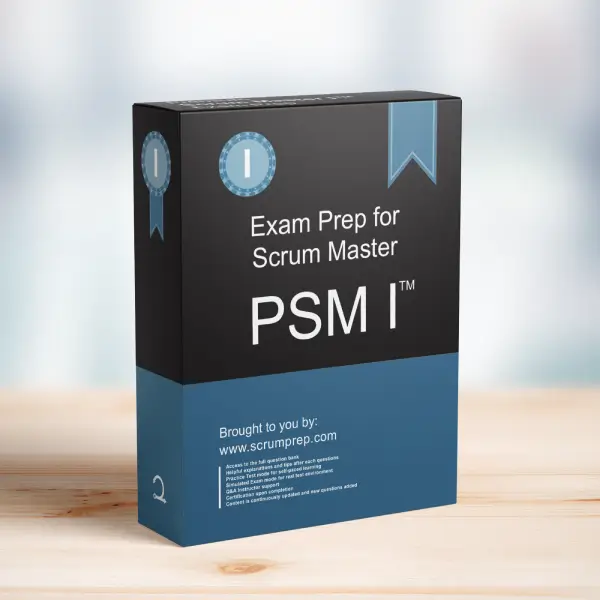Understanding Roles in Scrum: Project Manager
In Scrum, roles are defined to ensure clarity, responsibility, and efficient workflow within the team. One common question that arises is whether there is a role called “Project Manager” in Scrum.
Exam Question
Does Scrum have a role called “Project Manager”?
A. Yes
B. No
Correct Answer
B. No
Roles in Scrum
Scrum defines three key roles:
Product Owner:
- The Product Owner is responsible for maximizing the value of the product resulting from the work of the Scrum Team.
- They manage the Product Backlog, ensuring it is well-ordered and refined to meet the team’s needs and stakeholders’ expectations.
- The Product Owner works closely with stakeholders to ensure that the product meets business goals and user needs.
Scrum Master:
- The Scrum Master facilitates the Scrum process, helping everyone understand Scrum theory, practices, rules, and values.
- They remove impediments that hinder the team’s progress and ensure that Scrum events take place and are productive.
- The Scrum Master supports the team in self-management and continuous improvement.
Developers:
- Developers are responsible for delivering a potentially shippable Increment of the product at the end of each Sprint.
- They create the Sprint Backlog, adhere to the Definition of Done, and work collaboratively to achieve the Sprint Goal.
Absence of the Project Manager Role
In traditional project management frameworks, a Project Manager is often responsible for planning, executing, and closing projects. However, Scrum does not include this role for several reasons:
- Decentralized Decision-Making: In Scrum, decision-making is decentralized. The team is self-managing, meaning they organize and manage their own work.
- Focus on Collaboration: Scrum emphasizes collaboration and team ownership. The roles of Product Owner, Scrum Master, and Developers are designed to ensure that all aspects of the project are covered without a single point of control.
- Empowerment: Scrum empowers teams to take ownership of their work, fostering a sense of responsibility and accountability. This approach contrasts with the top-down control often seen in traditional project management.
Responsibilities in Scrum
- Product Owner: Ensures the Product Backlog is ordered and refined to maximize value and align with the team’s capacity. They focus on creating and communicating the Product Goal and backlog items.
- Scrum Master: Facilitates Scrum practices, removes impediments, and ensures that the team adheres to Scrum principles. Supports the team in self-management and continuous improvement.
- Developers: Collaborate to complete all tasks necessary to deliver a potentially shippable Increment, including ensuring that all Product Backlog items meet the Definition of Done. Work together to achieve the Sprint Goal.
Relevance to the PSM I Exam
Understanding that Scrum does not have a Project Manager role is crucial for the PSM I exam. It highlights the difference between traditional project management and the Scrum framework, emphasizing the importance of team collaboration and self-management in Scrum.
Key Takeaways
- No Project Manager in Scrum: Scrum does not include the role of a Project Manager.
- Defined Roles: Scrum defines three roles: Product Owner, Scrum Master, and Developers.
- Team Empowerment: Scrum emphasizes self-management and team collaboration, decentralizing decision-making.
Conclusion
In Scrum, there is no role called “Project Manager.” The framework relies on the roles of Product Owner, Scrum Master, and Developers to manage and execute the work collaboratively. Understanding this distinction is essential for implementing Scrum effectively and preparing for the PSM I exam.
For comprehensive preparation and practice exams, check out PSM I Exam Prep to enhance your understanding and application of Scrum principles.



